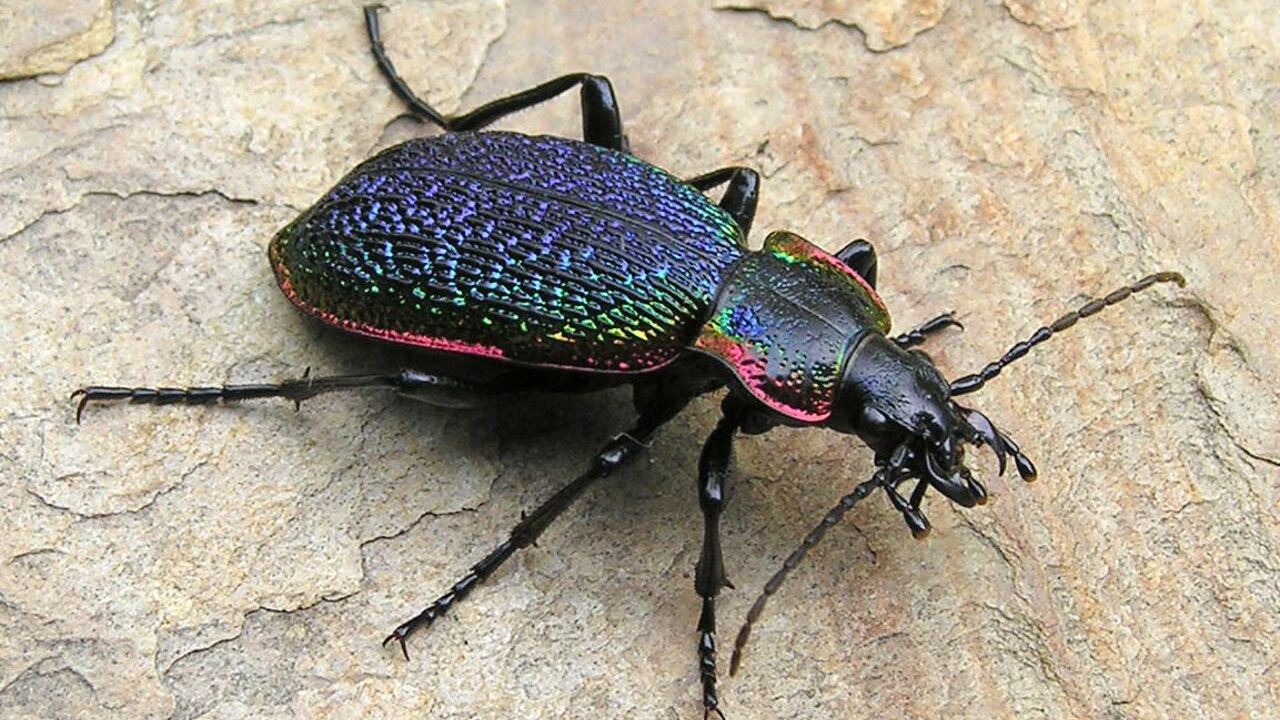Arctic ecologist Callaghan of the University of Sheffield notes that in theory insects in the Arctic could freeze. But they have adapted to low temperatures and have chosen one of two paths: they will either tolerate the cold or avoid freezing.
Most insects go into diapause in winter to avoid facing the cold. Currently, their development is suspended. True, most often this stage occurs when the insect is in an egg or larva.
Also, some insects can get rid of fluid in their bodies in response to cold. Such insects freeze for a while, but this does not harm their body. They “wake up” at the end of winter when the ice begins to melt.
There are insects that produce special compounds. This, for example, is the natural alcohol glycerin, which acts on the body as an antifreeze. In other words, thanks to these substances, insects living in cold conditions can get extremely cold, but the water in their bodies does not turn into ice.
Also, one of the insects can survive in temperatures below -50 degrees Celsius. This happens with the help of vitrification – a process in which the liquid passes into a glassy state.
Source: Ferra










